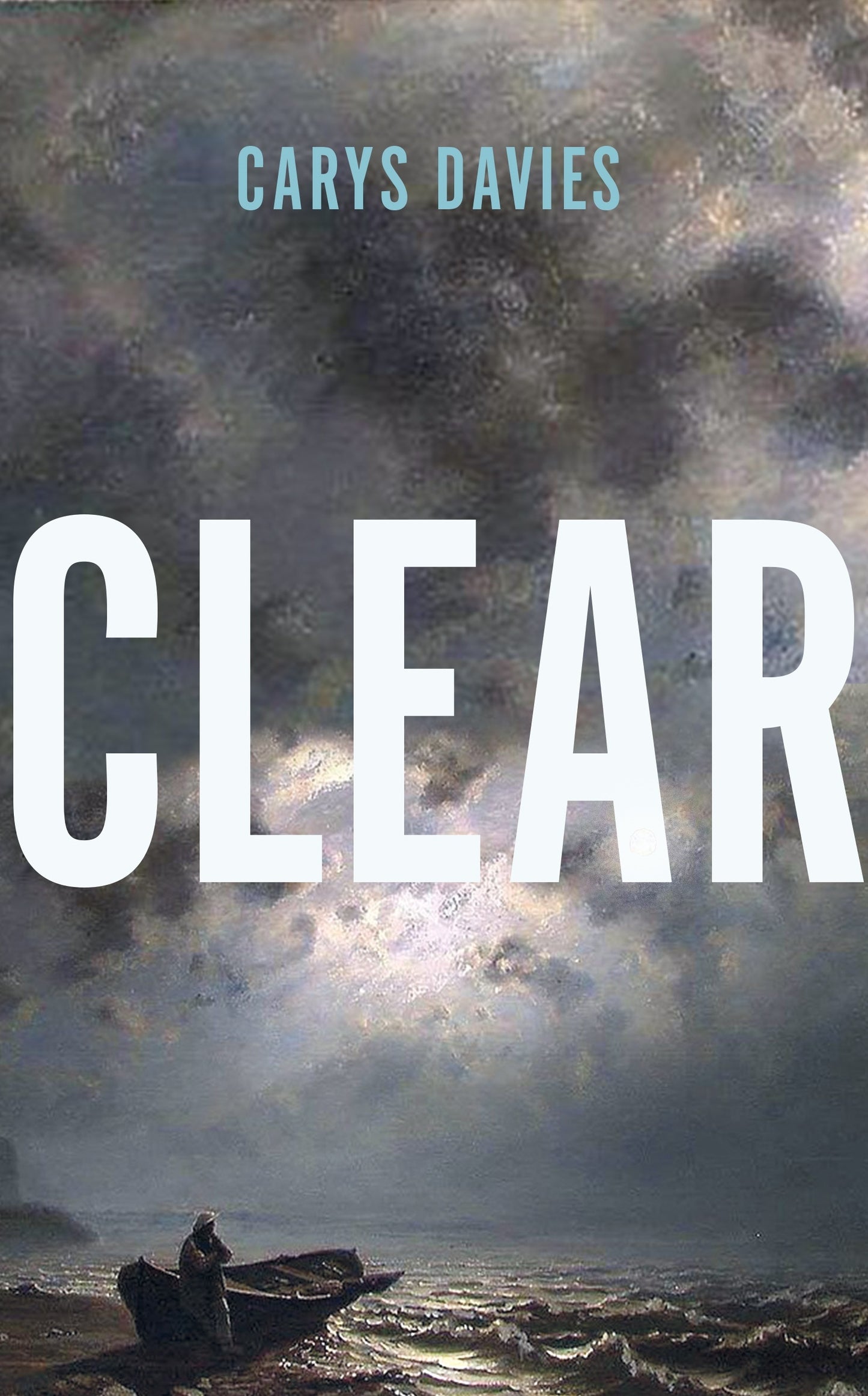Carys Davies
Clear
Clear
Couldn't load pickup availability
Susan's Review
Award-winning writer Carys Davies’ new novella Clear is an unmissable story combining historical facts and imaginative inventiveness. The Author’s Notes at the end of the book describes the two momentous moments in history with which Davies’ characters must contend. One was the Great Disruption in the Scottish Church of 1843, which gave landowners the power of patronage over the clergy, and which ministers rebel against the edict and establish the alternative Free Church. The other event, known as the Clearances, was a programme that allowed landowners to forcibly remove whole communities of the rural poor in the Highlands and Islands. The consequences of this manifestly unethical programme were, in Davies’ words, ‘catastrophic for an entire swathe of Scottish society.’ They included massive displacement, exploited labour, starvation and enforced migration.
Clear brings these terrible facts to life through its focus on three characters caught by historical circumstance. John Ferguson is an impoverished ‘rebel’ minister appointed by a landowner to evict a solitary man living on a remote (fictional) island. Desperate for the money needed to establish a new church and to support his wife, John is also burdened with doubts about the morality of the project. The man he is meant to evict is the isolated, stoical Ivar: having survived on the bleak island for years and seemingly content with his life, Ivar finds John, badly injured in the stormy crossing to the island, lying unconscious on the beach. What follows is one of the most evocative, finely crafted and deeply moving stories I have read in years. Initially the two men can’t speak one another’s language: John speaks standard Scottish, and Ivar a now-extinct dialect called Norn (a glossary is provided at the end of the book). But as Ivar nurses John back to health, he teaches this stranger the native words for the physical environment, and then, as their relationship develops, words that express a sense of delight and affection. While this shift into the language of feeling will have profound consequences for the men, the trust between them is also troubled by John’s knowledge of the impending eviction; by Ivar’s growing suspicion of John’s real purpose on the island; and finally, by the arrival of John’s anxious wife, Mary, unable to wait any longer for her husband’s return.
Like many writers before her, Davies uses the setting of an island to raise important social, political and psychological questions. Who has the right to own or appropriate land, and on what authority? Can an island offer an escape from repressive social norms? What might a life of protracted isolation do to one’s sense of self? Clear not only encourages reflection on issues of justice, freedom and identity; it also asks us to respond emotionally and bodily, in our full humanity, to its three memorable characters, as they experience bewilderment, a sense of loss and hope for renewal. The settings of the island and urban Scotland are beautifully described and wonderfully atmospheric. The book’s conclusion is both unexpected and yet, on reflection, subtly prepared for.
Gabi's Review
Award-winning writer Carys Davies’ novel Clear is an exquisite examination of three individuals brought together during the treacherous unfolding of the Highland Clearances. The title Clear plays with the irony of the reductive rational of The Clearances as it impacts individual lives, in a narrative exploration where nothing is clear, as the words on the eviction notice themselves are washed away by the sea.
Ivar, the sole inhabitant of a remote (fictitious) Shetland island has lived alone for many years as a crofter, until the day he discovers an unconscious man on the beach below the cliffs. The man is John Ferguson, a poor church minister under instructions from landlords to evict Ivar and turn the island into grazing land. Unaware of his intentions, Ivar welcomes John into his home where despite their lack of a common language, a tentative connection begins to form between them. In the meantime, John's wife Margaret anxiously awaits news on the mainland.
Ivar begins to teach John words for objects and the weather in his native tongue of Norn, a dialect spoken on the islands of Orkney and Shetland. As their relationship develops, John learns particular words for emotions, thus enabling the relationship to move from the pragmatic to a more intimate, even tender bond.
The novel’s language is spare but resonant in its exploration of solitude and the desire for connection. As its title Clear suggests, the men come to know themselves and each other in new and illuminating ways. The unexpected arrival of John’s wife on the island in search of her husband adds another layer of complexity that questions our accepted notions of historical behaviour.
John's eviction notice is written on the back of a parable that relates how servants eager to pull up weeds would root out healthy wheat, cautioning it best to allow both to grow together until the harvest. The novel deserves this close reading, but works equally well as a simple atmospheric story.
Publishers Reviews
A wondrous tale of bonds forged when two men are pitted against each other on a remote island during the Highland Clearances, from the prize-winning author of West.
Share


